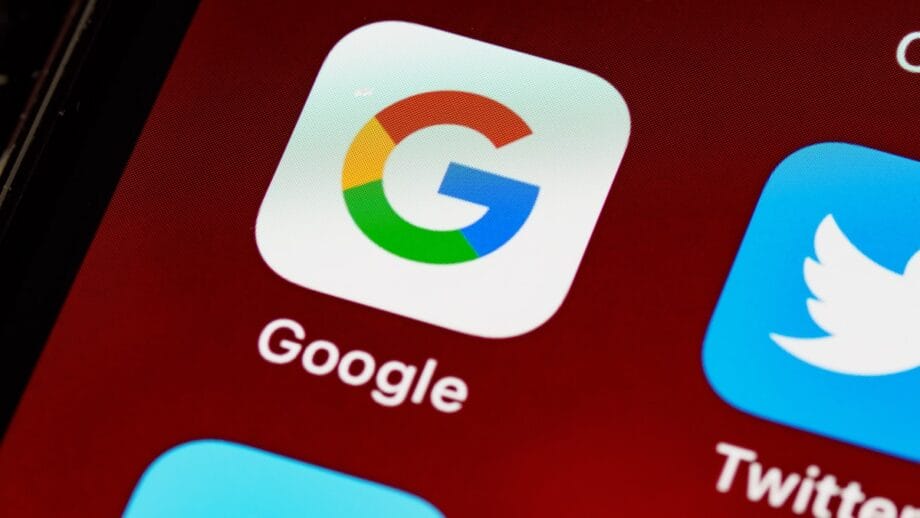Penske Media Corporation, which oversees illustrious entities such as Rolling Stone, The Hollywood Reporter, Billboard, and Variety, has filed a lawsuit against Google concerning its AI Overview features.
The suit alleges that Google’s utilization of its content has not only diminished overall web traffic to these sites but has also led to a significant reduction in affiliate revenue.
According to a Reuters report, news organizations have raised concerns for several months that innovative features like “AI Overviews” are diverting traffic away from their domains, adversely affecting advertising and subscription income.
Penske claims that approximately 20% of Google search results linking to its properties now include these AI Overviews, with this figure projected to rise further.
Furthermore, Penske reports that revenue derived from affiliate links linked to online purchases has plummeted by more than a third since late 2024, a trend attributed to Google’s diminishing traffic. “
“The siphoning and discouragement of user traffic towards PMC and other publishers’ websites in this manner will result in significant detrimental effects on both the quality and quantity of information available on the internet,” the complaint states, referencing Penske Media Corp.
“We are duty-bound to advocate vigorously for the future of digital media and safeguard its integrity—elements currently under siege by Google’s actions,” remarked Penske.
For those interested, here is the PDF of the complaint. Notably, the last lawsuit against Google was filed by Chegg in February.
In response, Google spokesperson Jose Castaneda stated, “With AI Overviews, users find Search to be increasingly beneficial and engaging, thus generating new avenues for content discovery. We will robustly contest these unfounded allegations.”
Markham Erickson, Vice President of Government Affairs and Public Policy at Google, expressed to The Verge:
While I cannot delve into the specifics of the lawsuit, our overarching philosophy remains clear: we are committed to fostering a healthy ecosystem. The ten blue links concept has historically served this ecosystem well, as we directed users—free of charge—to billions of publications globally. We do not intend to abandon this model; it remains integral to this ecosystem.
Nonetheless, user preferences are evolving. Rather than seeking merely factual responses through links, users increasingly desire contextual answers and summaries. We strive to provide this while simultaneously guiding users back to valuable content across the Internet, recognizing that what constitutes valuable content is continually shifting.
Thus, we inhabit a dynamic landscape. Our ultimate aim remains to bolster a flourishing ecosystem.
Additionally, Jason Kint has shared insights regarding the lawsuit:

The central allegation is that Google is exploiting its search monopoly to compel publishers into relinquishing content—not solely for traditional indexing, but also to enhance its AI capabilities. This content is subsequently repurposed, effectively supplanted by Google’s proprietary services, thereby breaching the fundamental tenets of the open web.
Plaintiffs elucidate the uniqueness of search traffic as a market—a gateway to the broader open web—asserting that the DC District Court has previously ruled that Google has unlawfully maintained a monopoly in this domain.
Penske Media contends that Google’s conduct constitutes unlawful reciprocal dealing, effectively stating: “Allow us to utilize your content for AI, or face demotion in Search results.”
The complaint was meticulously finalized in the lead-up to recent developments, encompassing not only reports from Digiday but also research regarding the implications of Google’s AI Overviews on publishers.
Penske outlines three methods of coerced content usage: (1) Republishing in snippets; (2) Training large language models; (3) Repurposing for retrieval-augmented generation—each tied to controlled access to search traffic, which Google dominates. This bundling strategy is asserted to be illegal under antitrust regulations.
Penske describes its content as a “golden corpus” for AI—meticulously curated, making it exceptionally suitable for training generative AI models. However, Penske argues that the intrinsic value of this content stems from substantial investment—tens of millions annually in journalism—while Google incurs no cost for this leveraging.
The Wall Street Journal has published a report regarding this lawsuit; further updates will be provided as they come to light.
Source link: Seroundtable.com.






